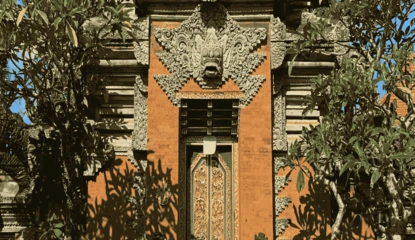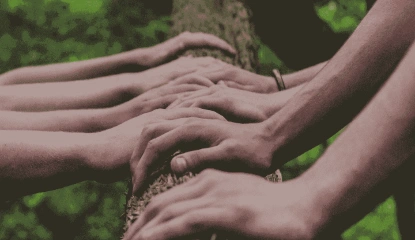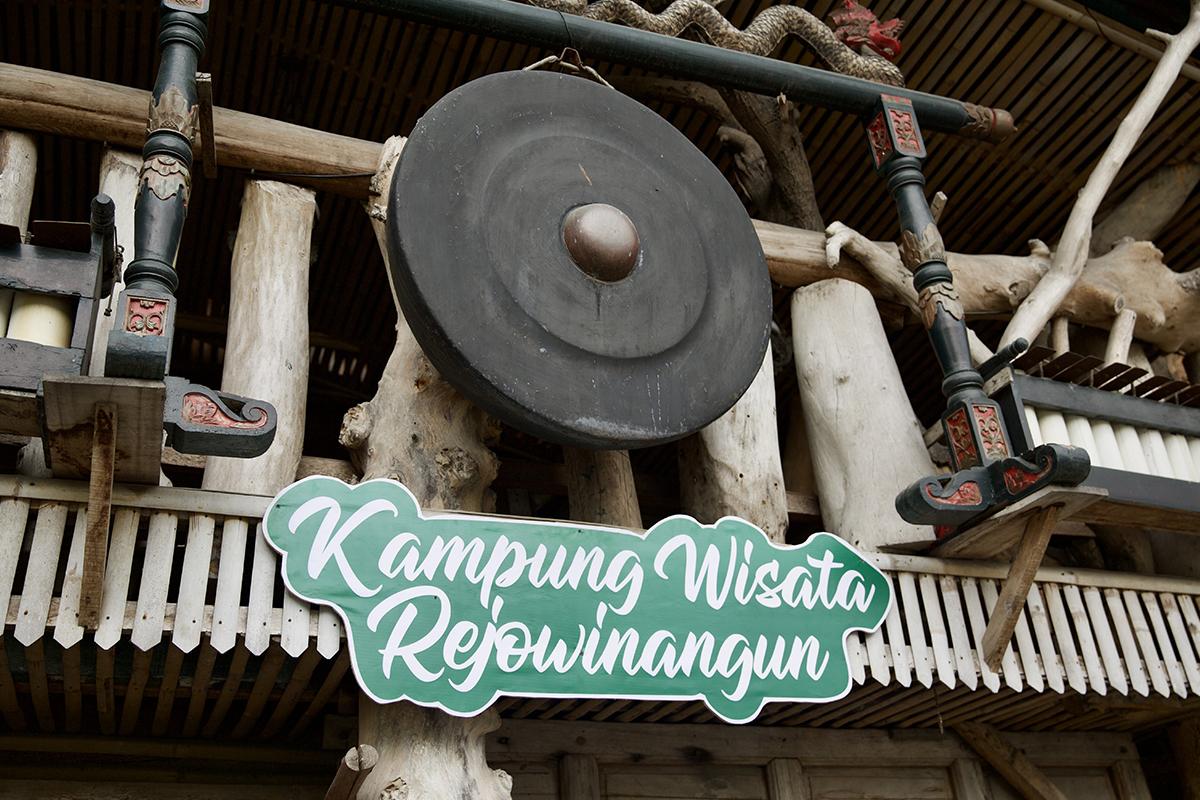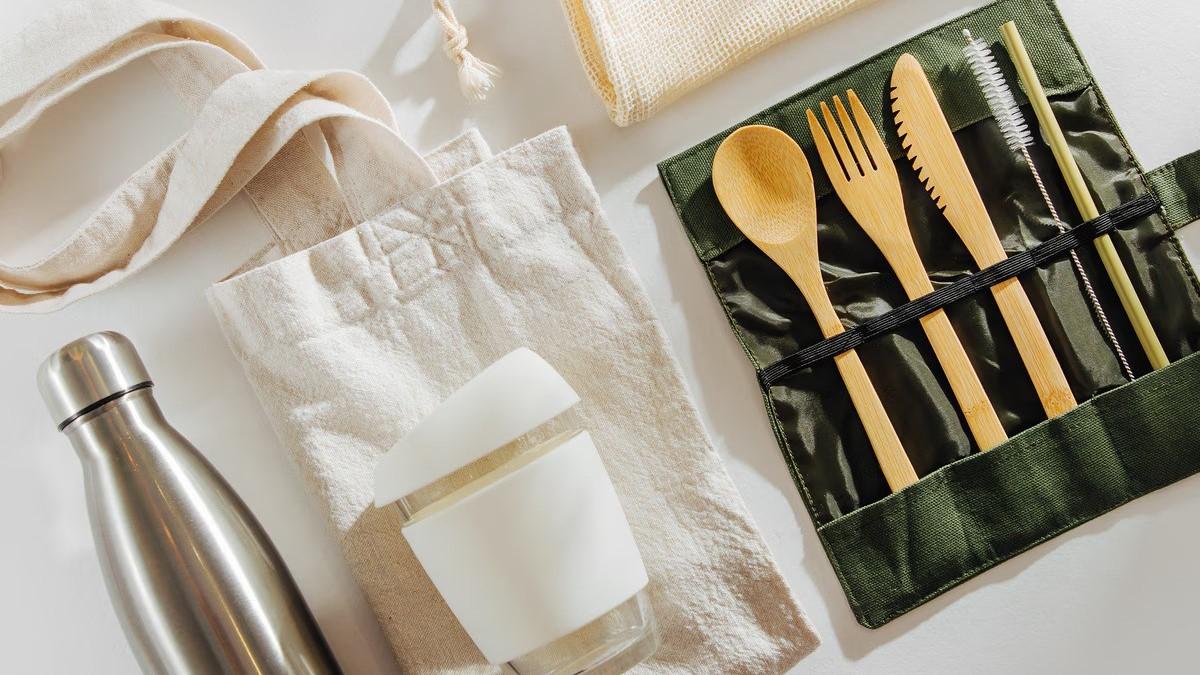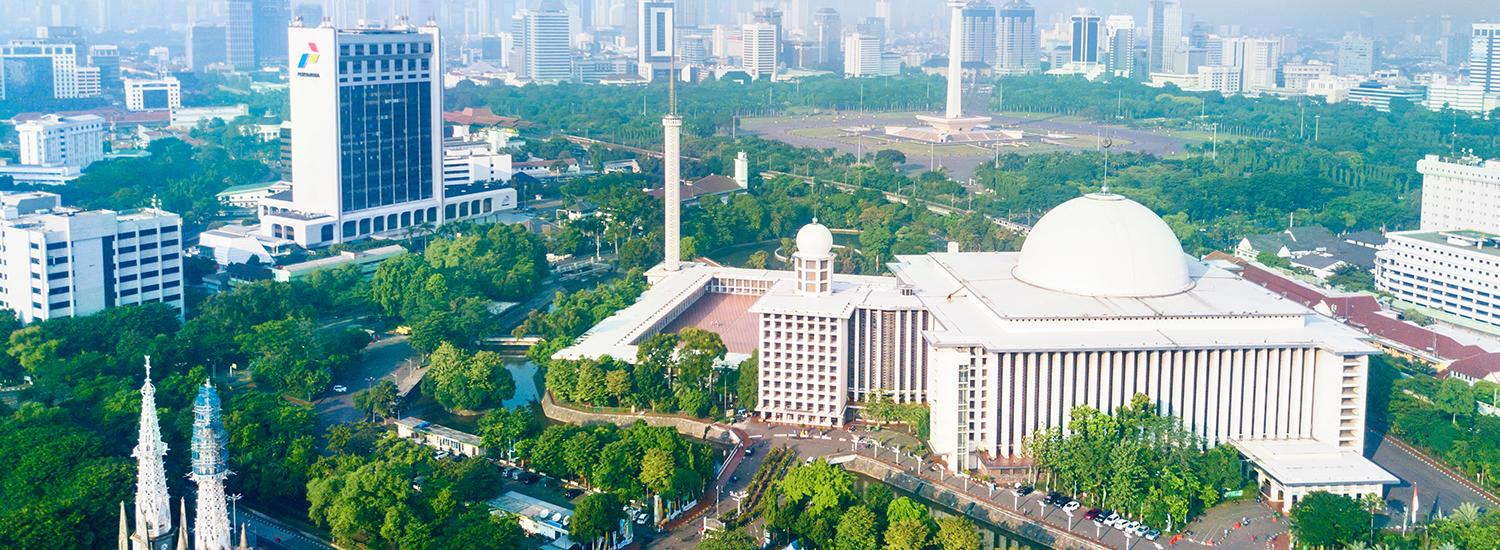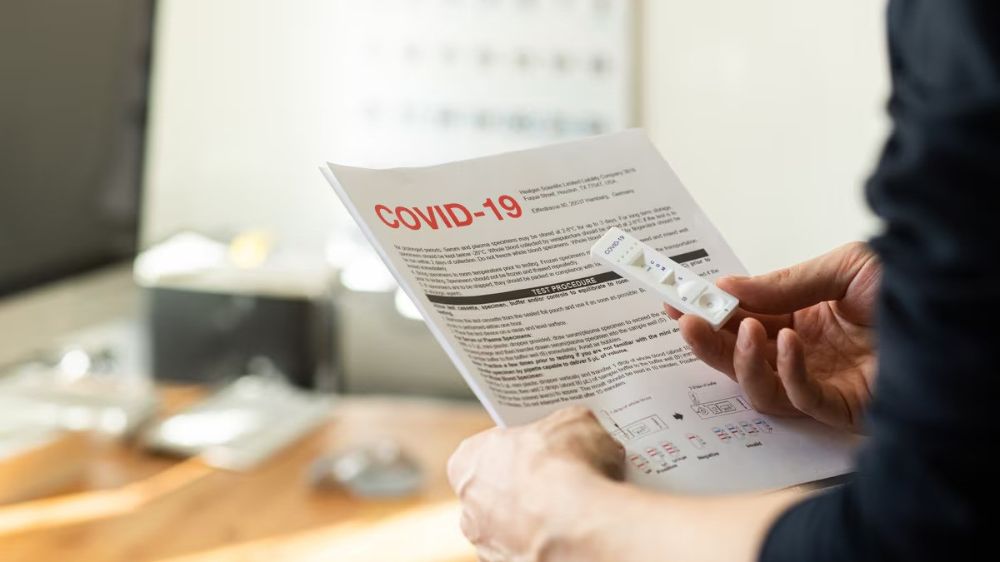Are you a fan of traditional herbal drinks? Have you ever tried J'GER? J'GER (Jamu Gendong Rejowinangun) is one of the flagship products from Desa Wisata Rejowinangun, located in Kotagede, Yogyakarta. In this village, particularly in the Herbal Village Cluster, making jamu (traditional herbal medicine) has been passed down through generations. The jamu served here is made from herbs grown by the locals themselves, offering a distinct aroma and flavor that will surely delight your taste buds.
The ‘Back to Jamu’ Trend During the Pandemic
During the pandemic, the trend of ‘back to jamu’ emerged among people looking to stay healthy and boost their immunity without relying on chemical drugs. This led to a surge in the jamu industry, with new home-based businesses popping up to sell various types of herbal drinks. In Indonesia, there are 400 ethnic groups that utilize plants as medicine, which is why jamu can be found throughout Java and the entire archipelago.
Jamu Education Tourism Consuming jamu might be common, but seeing the process of making it is an exciting experience. In Desa Wisata Rejowinangun, there’s a well-known herbal jamu village called the Herbal Village Cluster. Located in RW 08 and 09 of Rejowinangun, Kotagede, this village is famous for its traditional herbal medicine. Apart from the Herbal Cluster, Rejowinangun also has other clusters like the Cultural Cluster, Craft Cluster, Culinary Cluster, and Agro Cluster.
Two popular jamu varieties of J'GER are turmeric acid and rice kencur. The herbs used in making these jamu include turmeric, tamarind, lime, brown sugar, white sugar, kencur, chili, dawong, cloves, cinnamon, and more. Not only can you visit and enjoy the jamu, but you will also get to learn directly about herbal plants in this educational experience!
Modernizing Jamu Gendong
What started as selling traditional jamu gendong, made with traditional tools, has now evolved into mass production using modern equipment. Over time, the jamu industry in this village has grown, and the number of trained jamu makers has increased from 2 to over 50 people who are well-educated and able to market their products. Interestingly, the herbal plants used to produce the jamu are grown right in the village or even in residents' backyards.
Flooded with Orders
This packaged jamu has even made its way into hotels and restaurants in Rejowinangun as a welcome drink. During the pandemic, orders poured in as people believed this jamu could help maintain body freshness, fitness, and immunity.
The jamu industry in the Herbal Village is recognized for its significant potential, with skilled human resources for both production and marketing. No wonder J'GER is always in high demand and a hit in the market. However, since the jamu is fresh and can only last for 1 to 2 days, orders are restricted to the Yogyakarta area.
For those of you who want to see the jamu-making process and taste the unique herbal drinks of the Herbal Village, make sure to add Desa Wisata Rejowinangun to your travel bucket list.
You can find more information on Indonesian travel and culinary experiences by following the Instagram account: @pesonaid_travel, Facebook: @pesonaid_travel, or visit the website at www.indonesia.travel.
Lastly, don't forget to get vaccinated and always adhere to the 6M health protocols: wear a mask properly, wash hands with soap, maintain physical distance, avoid crowds, limit mobility, and avoid eating together to ensure a safe and comfortable travel experience.





